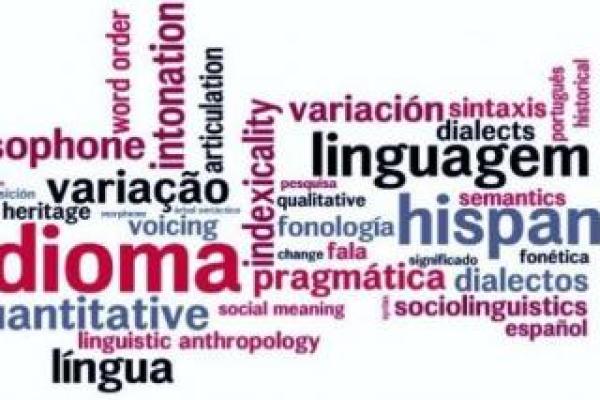
OSUCHiLL is one of the premier graduate student conferences on Hispanic and Lusophone linguistics hosted in the US. The conference, organized entirely by graduate students in the Department of Spanish and Portuguese at The Ohio State University, and which is partially supported by the Center for Latin American Studies, aims to bring together a wide variety of scholars working within distinct disciplines and on many different aspects of Spanish, Portuguese, Quechua, or any other indigenous language.
The keynote speakers for 2024 are:

Dr. Almeida Jacqueline Toribio, Professor, The University of Texas at Austin
Dr. Almeida Jacqueline Toribio of the University of Texas at Austin, whose research focuses on language contact and variation. Her main areas of research include code-switching and bilingualism in the United States, as well as variation in the Spanish of the Dominican Republic. She examines these topics as they relate to various social variables, including ethnicity, race, and gender.

Dr. Whitney Chappell, The University of Texas at San Antonio
Dr. Whitney Chappell of the University of Texas at San Antonio conducts research on Sociophonetics.
Her work answers questions about how we express and create our identities through the sounds we use, with a focus on the Spanish of Central America and recently native and heritage speakers of Mexican Spanish.
Click here to register (free).
For more information, please contact osuchill@osu.edu.
CLAS' support of this event is made possible thanks to our Title VI NRC grant to support the knowledge of Latin America in the U.S.
